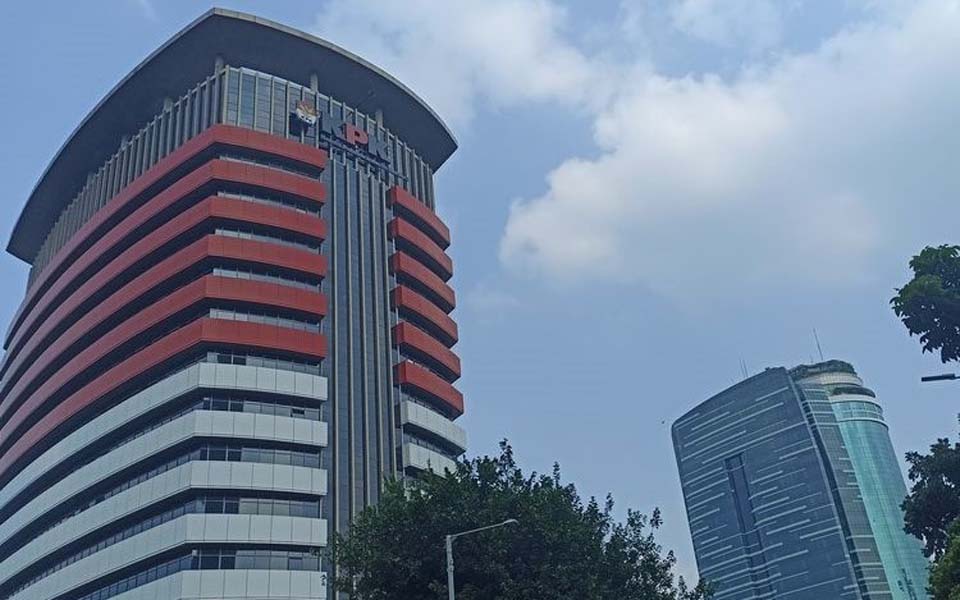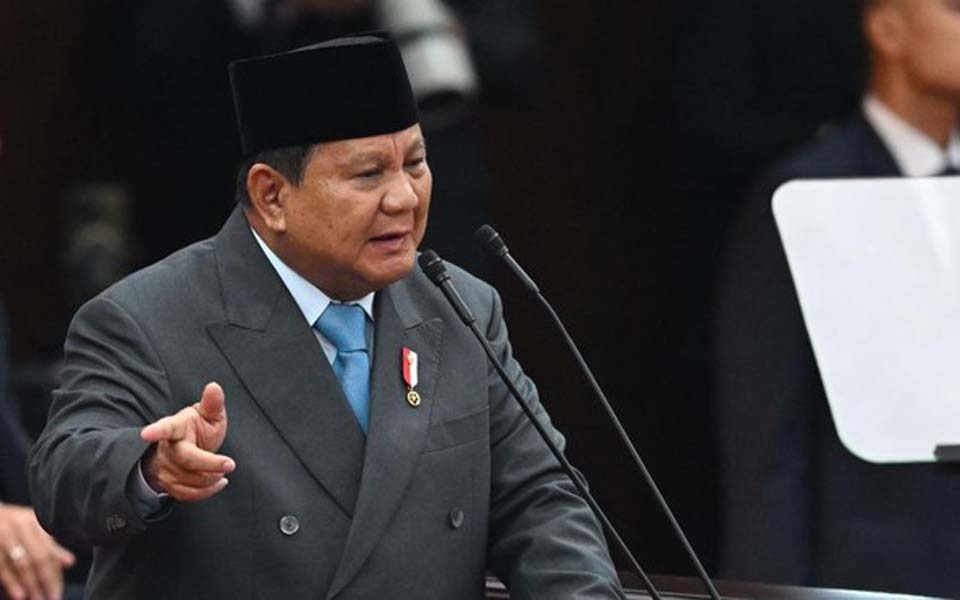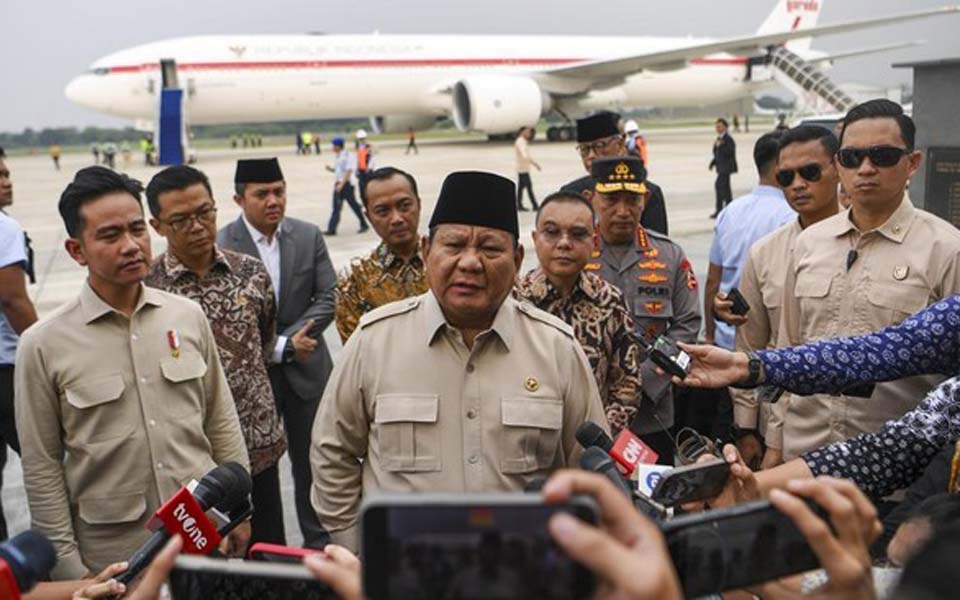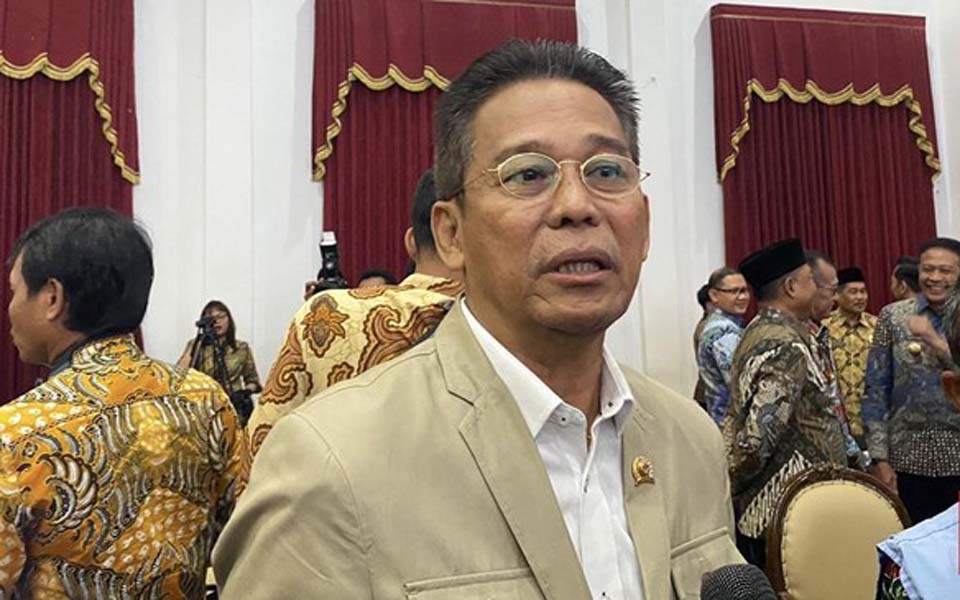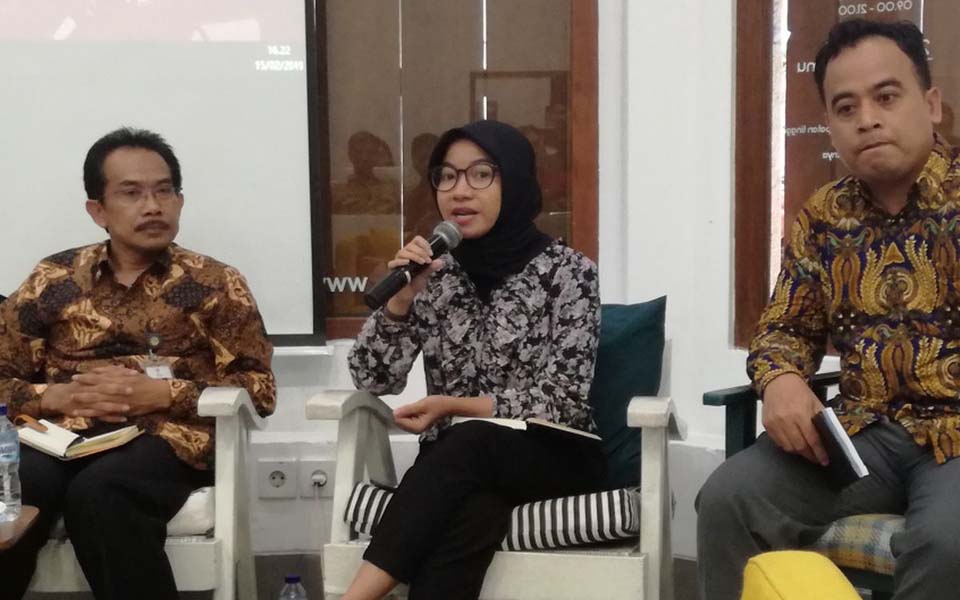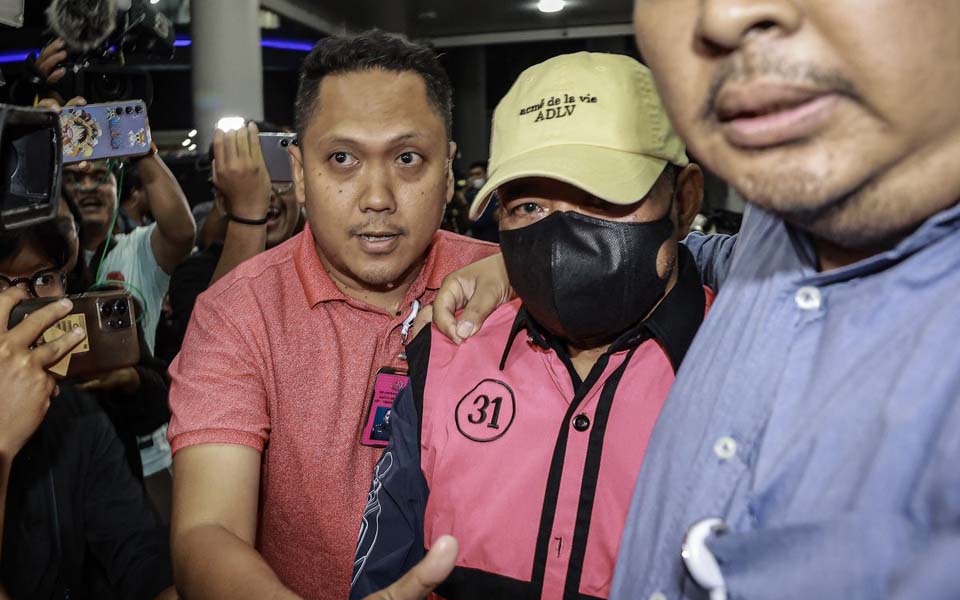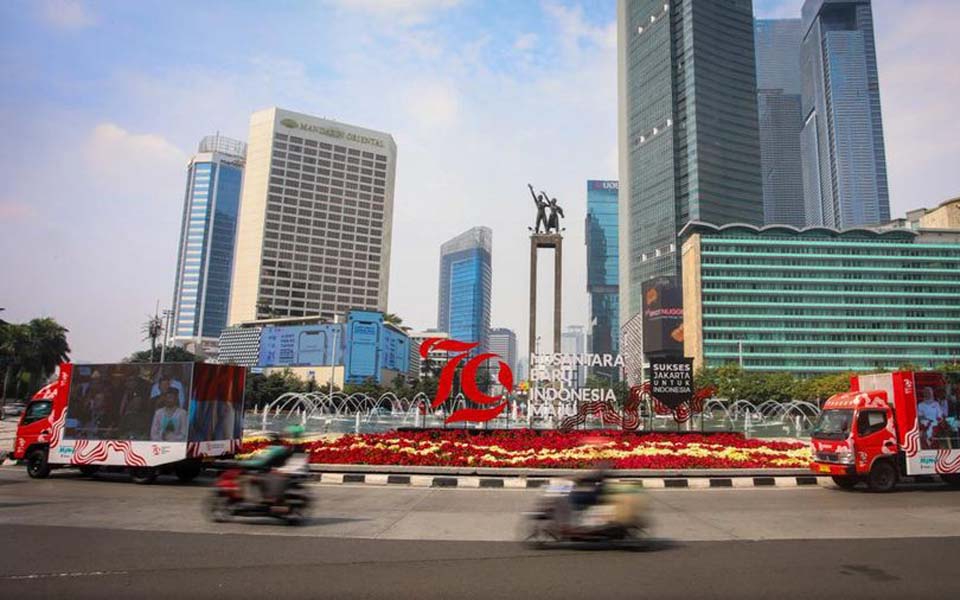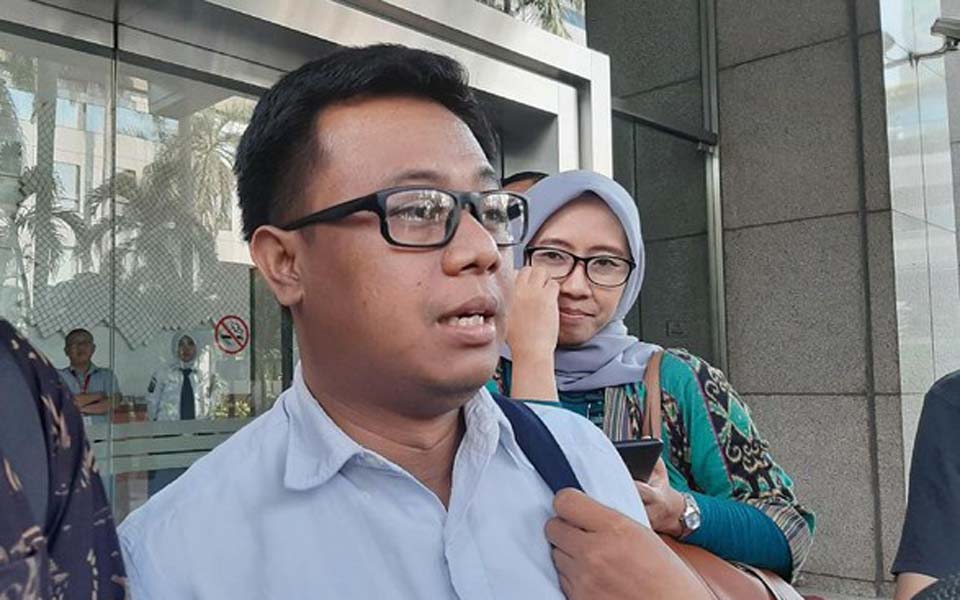Syakirun Niam, Jakarta – Gajah Mada University Faculty of Law Anti-Corruption Studies Centre (Pukat UGM) researcher Zaenur Rohman says that the corruption Eradication Commission's (KPK) performance has progressively worsened because the institution has been attacked from inside and out.
According to Rohman, the decline in the KPK's performance was intentionally designed right from the start. One of the most important moments which influenced the KPK's performance was when the revisions to the KPK Law were enacted in 2019.
Rohman conveyed this in response to a Kompas Research and Development (Litbang) survey that found that the KPK's image was the worse it has been in the last five years.
“The key moment was the revisions to the KPK Law through Law Number 19/2019", said Rohman when contacted by Kompas.com on Tuesday August 9.
Rohman said that these revisions resulted in the KPK losing much of its strategic powers needed to eradicate corruption.
According to Rohman, these revisions were an effort to weaken the KPK from the outside. The revisions to the law were carried out by the House of Representatives (DPR) and the government.
Meanwhile the effort to weaken the KPK from inside was when several controversial figures were selected to become the KPK's new commissioners, one of which was Firli Bahuri, who was subsequently chosen to become the head of the KPK.
"Right from the start Firli Bahuri had a record of ethical issues because he had committed ethical violations when he held the position of deputy of operations at the KPK, but instead he was in fact selected [as a commissioner] then become the chairperson", said Rohman.
Continuously beset by problems
According to the UGM law expert, it is because of these two issues that the KPK has continued to be beset by problems which have caused the institution's image in the eyes of the public to decline.
The revisions to the KPK Law also gave rise to an internal struggle within the KPK with Bahuri and the KPK leadership dismissing the commission's best investigators and other KPK employees who were deemed to have failed a national perspectives test (tes wawasan kebangsaan, TWK).
"Those who formulated the revisions already knew what the KPK would be like in the future", said Rohman.
"What was the consequence? The consequence was that the KPK's performance in preventing and prosecution worsened. What's the evidence? There aren’t any strategic cases, the corruption perception index has also worsened", he said.
A Litbang Kompas survey conducted in July revealed that the KPK's image had declined to a figure of just 57 percent, the lowest in the last five years.
In addition to this, the survey revealed that the public's trust that the KPK is lead by people who are free of corruption has begun to fade.
"As many as 62.6 percent of respondents no longer believe that the KPK is headed by people who are free from corruption", said Litbang Kompas researcher Rangga Eka Sakti as quoted by the Kompas Daily newspaper on Monday August 8.
[Translated by James Balowski. The original title of the article was "Citra Baik KPK Rendah, Pengamat: Diserang dari Luar dan Dalam".]





